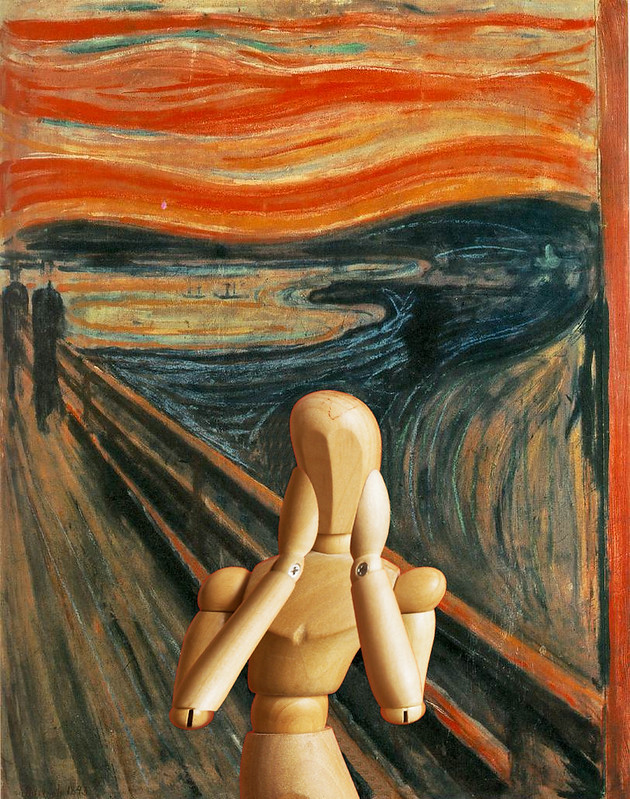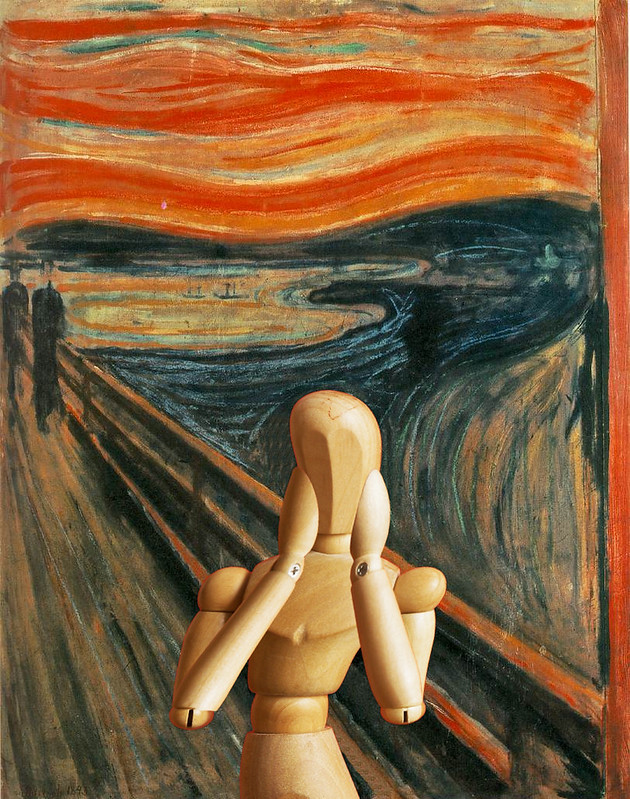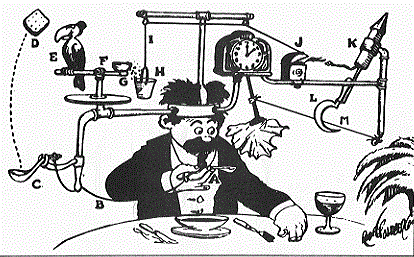
“Whoa,” said my partner when I told her what I was going to work on. “You cannot catch a break, can you.”
She was right: if you looked at the list of work I went through in the past few years – be it editing or translation – you would probably label 75% of it as “triggering” or “difficult”. And my desk neighbour should know – she’s worked with that kind of stuff before.
We started talking about what helps us get through that kind of work in one piece. What can you do to translate, or edit, such difficult projects? Are there techniques we use to stay productive, sane, and well?
Here’s what worked for us, in no particular order. Your mileage may vary. I’m not saying you should pick up this bag of tricks and start saying “yes” to the most gruesome jobs out there. I’m saying that when such jobs came our way, we were able to accept some of them, and see them through, partly because of these techniques.
Here goes.
- If you can, get the worst bits out of the way first. This is the case with my current workload. When I read it, I discovered that 90% of the work will be bearable – but that there’s one chapter, in the middle of the story, which is thoroughly stomach-churning. So I made sure to translate that bit first. Otherwise, having this open loop in my mind would slow me down.
- Have someone to talk to. My desk neighbour is an amazing translator, and her vast experience means she can totally relate to moments like these. But you don’t need all that. Chat to someone, distract yourself from the dark zone with friendly humans.
- Give yourself permission to feel shitty about this. Some of these stories are heartbreaking. Some are infuriating. All of this is hard. There is nothing weak about feeling any of this. You are a human, translating or editing human stuff. It’s okay for this bit to suck. It’s called empathy, and no matter what the idiots say, it’s a feature – not a bug.
- Take breaks to change state. With easier work, I would sometimes hit my 50-minute mark and stay in front of my screen for the remaining ten minutes, scrolling my socials or shopping for Magic cards. When the work gets tricky, though, I take every chance to snap my mind out of it. Were you sitting? Get up. Were you in your office? Go somewhere else. Was the window closed? Open it. Distraction and misdirection are the oldest tricks in the book when it comes to making fools out of us. The good news is that we can self-medicate with those, too.
- Drink lemon and ginger tea. It cures motion sickness, and – in my case – helped me translate the most dreadful stuff without feeling too queasy. Whatever else calms your stomach – take it.
- Can you dedicate a separate room to this job? If it looks like you’re in it for the medium-to-long haul, then there’s a chance that the dread of the job will spread to your surroundings. There’s nothing worse than an office that used to be nice, but now gets poisoned by a triggering project. I used to take my work to another room, close the door, and do the deed there – then come back into the world.
- Dictate, in a funny voice. Yeah – I really did this. It was a transcription job, and the contents of the handwritten memoirs and testimonies were getting to me. The dictation software didn’t care whether I used my normal voice, or my Elmo / Ernie / Bert voice. I did, though – the Sesame Street cosplay helped me stay sane.
- Walk away if the motivation isn’t enough. During a few of my recent projects, I’ve been able to persevere, not only because of the paycheck – but mainly because I’ve been really keen to see how the work pans out. Curiosity also makes me say “yes” to such tricky projects in the first place: I want to see where this will end up! However, I know my fellow translators have now walked away from projects they can no longer keep up with in good conscience. No shame in that kind of self-care.
- No evening sessions – ever. Trust me, you want some daylight between the work you did and your good night’s sleep. To rewire the brain, distract yourself again, flush the working memory. This won’t prevent nightmares – but it should stop you from tossing and turning all through the night, trying to stop re-living the work in your head. Do not work on this before bedtime.
- No shame in disassociating. This, again, comes from my amazing translator partner, who also worked on monstrous stuff in her life. “Pretend it’s a fiendishly tricky sudoku. A really long, multi-layered crossword puzzle. Stay with it, let your intellect focus on it, but only that.” I must admit – this is a skill I’ve not yet mastered. But if you find that it comes easy for you – do it, until you get paid for the job done, and can afford therapy again.
Would you add anything to the list? Seek me out on my socials and let me know. (Don’t say “gin”, we’re too old for booze here.)
(photo credit: “Il grido di Woody / Woody’s scream” by aldoaldoz is licensed under CC BY-NC-SA 2.0.)



